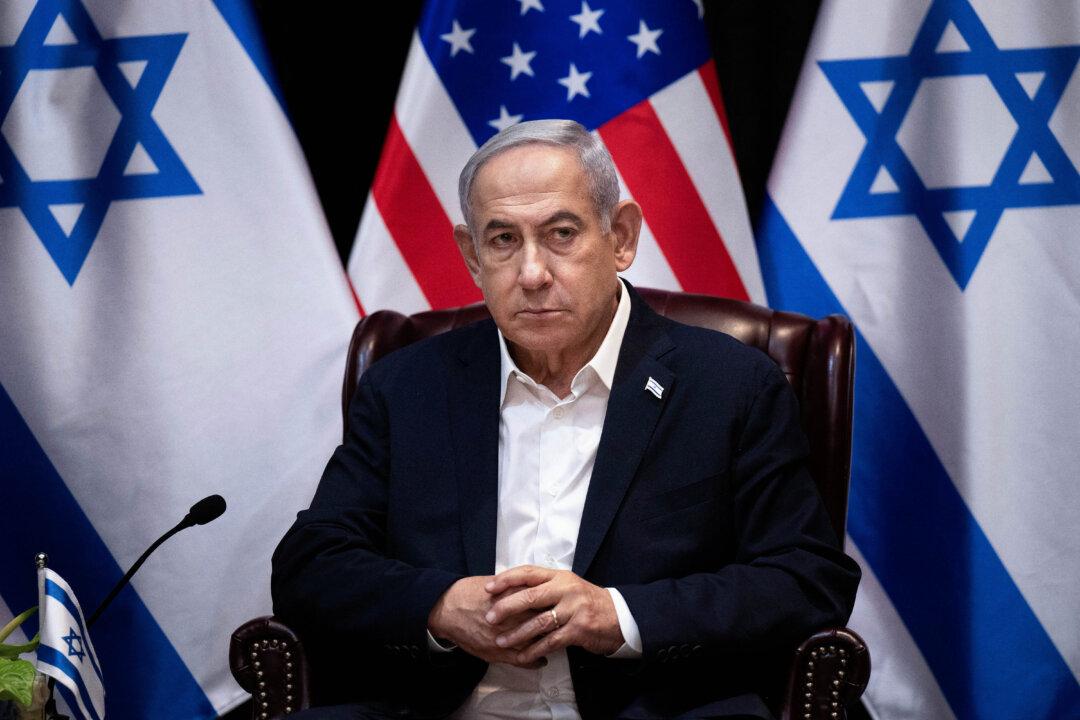Israeli Prime Minister Benjamin Netanyahu vowed his country would fight alone and by “tooth and nail” if need be after President Joe Biden threatened to stop supplying Israeli forces with certain weapons if they targeted dense population centers in the southern Gazan city of Rafah.
Mr. Netanyahu has set a goal in Israel’s military campaign in Gaza to eliminate the Hamas terrorist group, and has described Rafah as one of the group’s last major strongholds. President Biden, on the other hand, has raised concern that a large-scale military operation in Rafah risks harming Gazan civilians who have relocated to the city over the last seven months of fighting.





